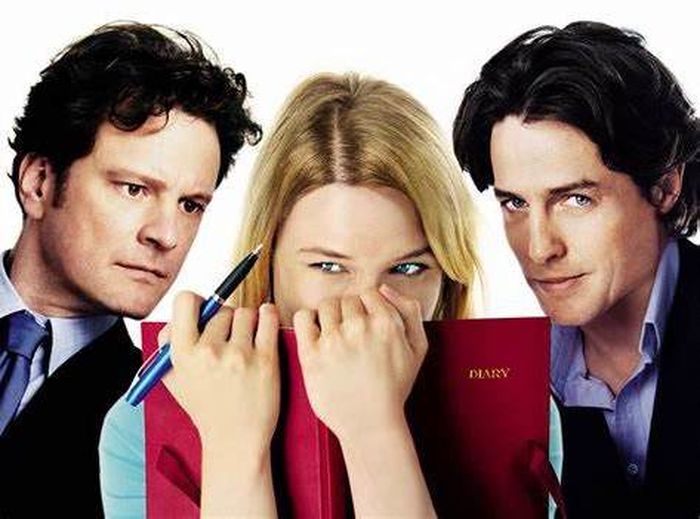Quentin Tarantino: Feminist or Foe?
Georgia Finucane discusses her ever-changing, complicated relationship with the iconic director’s work.
CN: brief discussion of gendered violence
When I was little, my dad gathered my sister and I around the TV to show us his favourite film. Eager to see what movie he had chosen, we huddled around the screen in anticipation.
I still remember the instant confusion as the sounds of a woman’s heavy panting played behind the opening shot: “Revenge is a dish best served cold” - the screen read. It was Quentin Tarantino’s Kill Bill. I can also recall the sinking feeling of shock and horror a young me experienced at seeing the close-up shot of Uma Thurman’s bloody, beaten face which appeared next. But as the movie went on, feelings of captivation and wonder took over. I became enraptured in witnessing the fearless Beatrix Kiddo fight relentlessly for her revenge. Ever since, the badass female characters in this film have become my superheroes. While all of my friends wanted to spend recess playing house, pretending to be mommies and daddies; I wanted to role-play a deadly assassin and fight a man named Bill.
“I have always felt a sense of awe and pride watching the director’s heroines wreak havoc on-screen”
The reason I was exposed to Quentin Tarantino at such an early age was because my father, as a huge Tarantino fan, used this director’s films as parenting resources to teach my sister and me important lessons about the world. Were these films wildly inappropriate for a seven-year-old child? Absolutely. Yet, I must give my dad credit where credit is due; the female characters portrayed in these films were my idols growing up and went on to become a source of strength and inspiration in my life.
In light of those childhood experiences, as a young woman, I began to consider films like Kill Bill and Jackie Brown to be quintessentially feminist, proudly declaring myself the biggest Tarantino fan in my teenage years. I have always felt a sense of awe and pride watching the director’s heroines wreak havoc on-screen, as he portrays his female characters as equally capable of violence and brutality as the male characters that oversaturate the action-movie genre. The women in these films are potent, respected and powerful. And even when they appear vulnerable and are portrayed as powerless (as Daisy Domegue in The Hateful Eight, or Broomhilda von Shaft in Django Unchained, for example) they are never stereotypical ‘victims’, or cliched damsels-in-distress. In fact, these characters are all united by their courage and unbending determination. Still, can we really call Tarantino a ‘feminist’?
“it is an uncomfortable paradox worshipping Beatrix Kiddo as a feminist ‘girlboss’ on film with the knowledge that Uma Thurman suffered a grossly unjust experience of sexism and gendered violence whilst playing the role”
Film critics have recently criticised the director’s work for revelling in the violence he inflicts on women in his films. Roy Chacko (The Guardian) called for the director’s ‘cancellation’ in 2019, condemning his “fondness for piling abuse on women”. The director has also faced criticism for uneven gender representation in his work. In 2019, Time Magazine reported that only 27.7% of dialogue across all ten of Tarantino’s films is spoken by women. There have also been arguments raised about the sexualisation of actresses in Tarantino’s work, as the objectifying male gaze pervades his films - Margot Robbie’s feet definitely deserved their own shout-out in the credits of Once Upon A Time in Hollywood.
Amongst all of the criticism laid against Tarantino and his productions, however, it was the statement made by Uma Thurman about the director’s abuse during the filming of Kill Bill that shifted my perspective on not only what was once my favourite movie, but on the entire oeuvre of Tarantino himself. And so, it is an uncomfortable paradox worshipping Beatrix Kiddo as a feminist ‘girlboss’ on film with the knowledge that Uma Thurman suffered a grossly unjust experience of sexism and gendered violence whilst playing the role.
With all this in mind, I recently re-watched Kill Bill in an attempt to ‘separate the art from the artist’. I desperately wanted to re-live that simpler childhood perception of a powerful woman fighting other powerful women and appreciate the movie for what it represented to me for so much of my life. And then, it hit me. The opening credits, in that archetypal, quirky Tarantino font, read: Harvey Weinstein, Executive Producer. The feeling of empowerment and strength I once gained from Tarantino’s on-screen women, has faded away entirely and been replaced with a sense of guilt and shame. How can I ever reconcile my love for the women characters in the Tarantino universe with the alarming reality that Tarantino’s work was harmful to so many actresses and real women?
I guess the answer is, I can’t. And while there is no denying that Tarantino’s films will always be great films, there is no greater heartbreak than coming to terms with the fact that your favourite artist is the bad guy and your favourite childhood film will never be the same again.
 News / Cambridge academics stand out in King’s 2026 Honours List2 January 2026
News / Cambridge academics stand out in King’s 2026 Honours List2 January 2026 Interviews / You don’t need to peak at Cambridge, says Robin Harding31 December 2025
Interviews / You don’t need to peak at Cambridge, says Robin Harding31 December 2025 Comment / What happened to men at Cambridge?31 December 2025
Comment / What happened to men at Cambridge?31 December 2025 Features / “It’s a momentary expression of rage”: reforming democracy from Cambridge4 January 2026
Features / “It’s a momentary expression of rage”: reforming democracy from Cambridge4 January 2026 News / AstraZeneca sues for £32 million over faulty construction at Cambridge Campus31 December 2025
News / AstraZeneca sues for £32 million over faulty construction at Cambridge Campus31 December 2025










